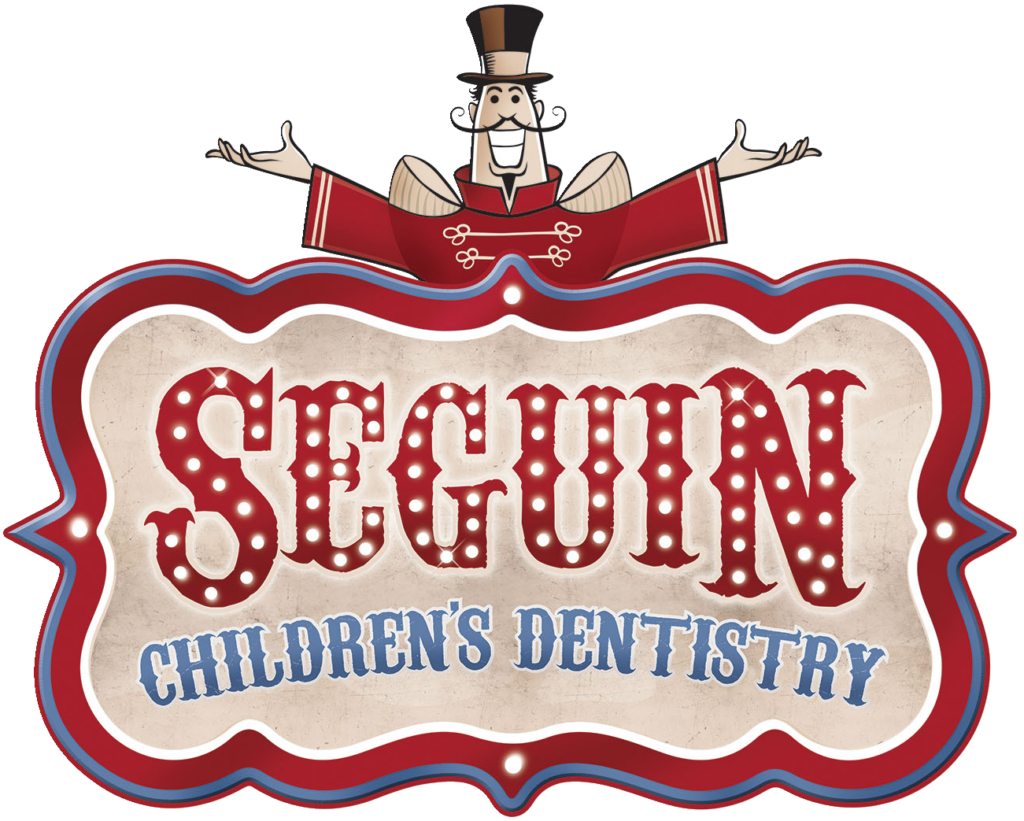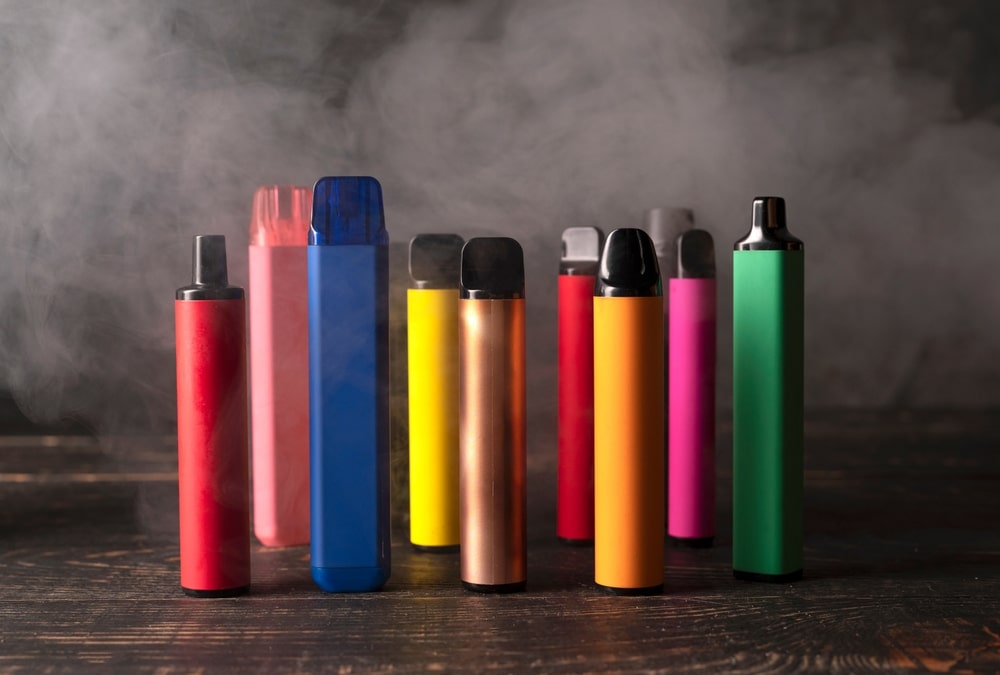Vaping was originally supposed to be a substitute for adult smokers trying to quit and has rapidly become a serious threat among adolescents. While many still consider vaping as not quite as harmful to oral health as smoking cigarettes, vaping can have a negative effect on teeth and overall oral health.
Did you know…
In November 2022, FDA and Centers for Disease Control and Prevention (CDC) released federal data from the 2022 National Youth Tobacco Survey (NYTS) on youth tobacco use. Findings show that in 2022, more than 1 in 10 middle and high school students (3.08 million) had used a tobacco product during the past 30 days – including 16.5% of high school and 4.5% of middle school students. More than 1 in 4 high school students use vaping products daily.
Vaping has a direct effect on oral health
E-cigarettes release formaldehyde when heated with batteries set at high voltages. The aerosol or vapor, which users inhale, can contain nicotine, ultrafine particles that can be inhaled deep into the lungs, chemicals linked to lung disease, volatile organic compounds, cancer-causing chemicals, and heavy metals such as nickel, tin, and lead.
Exposure to e-cigarette aerosol can lead to more bacteria in the mouth, which is associated with tooth decay, cavities, and gum diseases. It can also cause dry mouth, inflamed gums, and other issues. The flavoring capsules in e-cigarettes can lead to cavities and increase the risk of developing chronic lung diseases.




